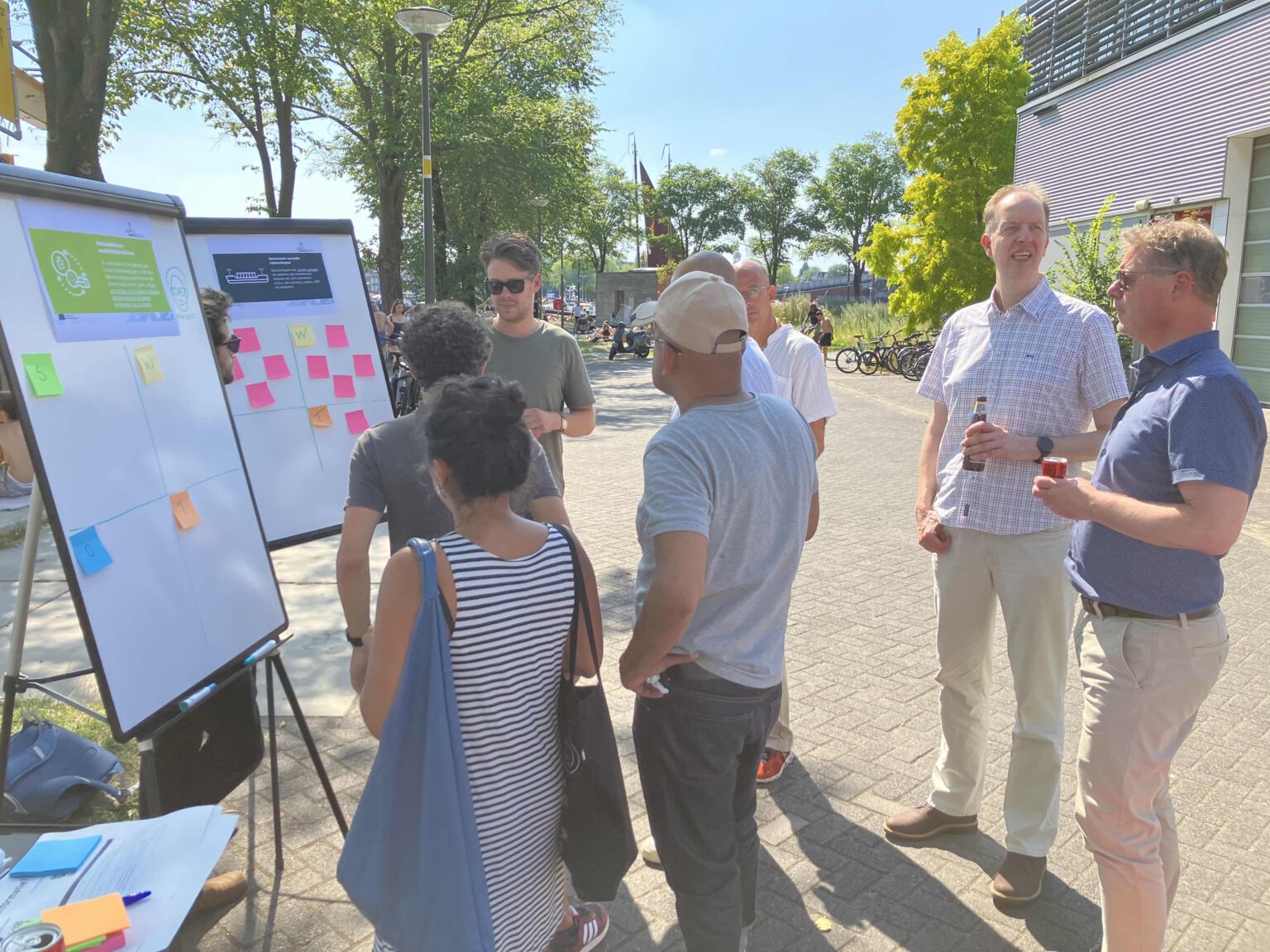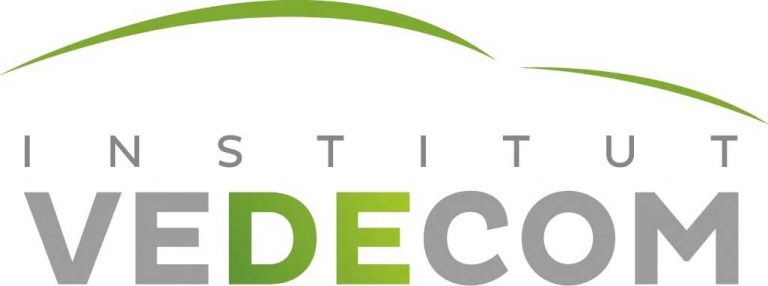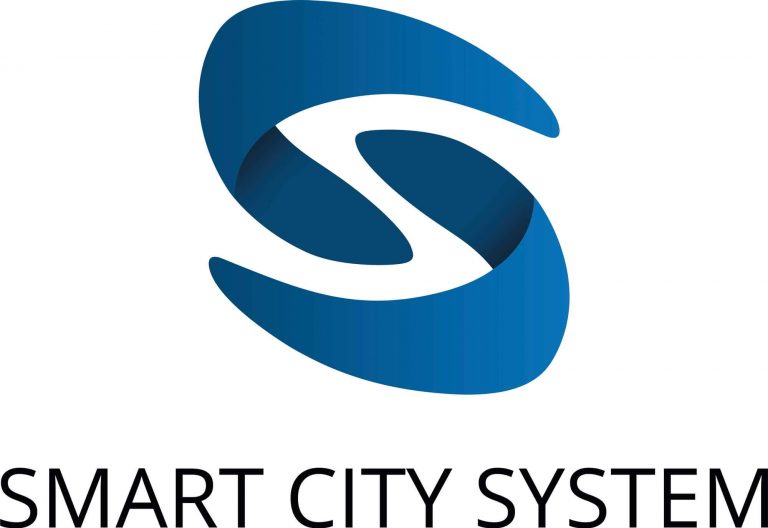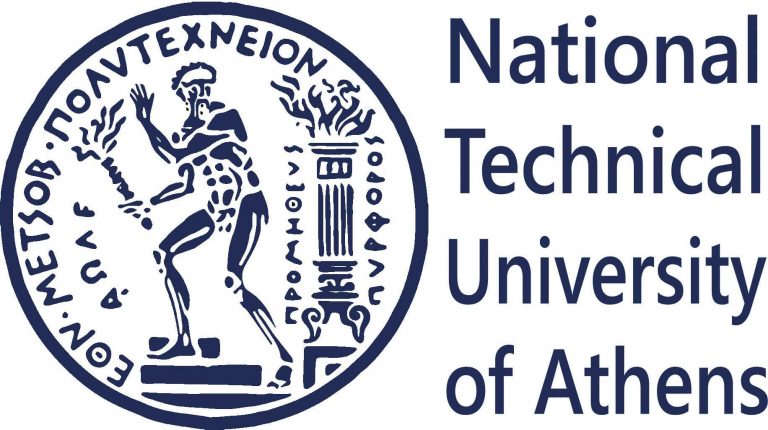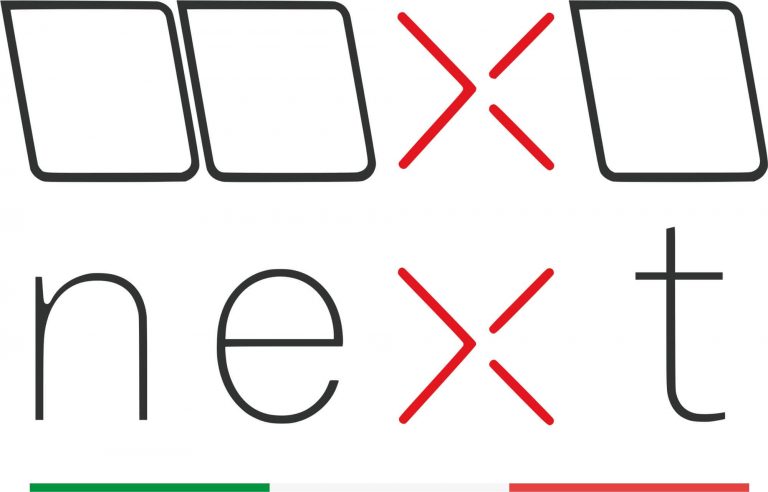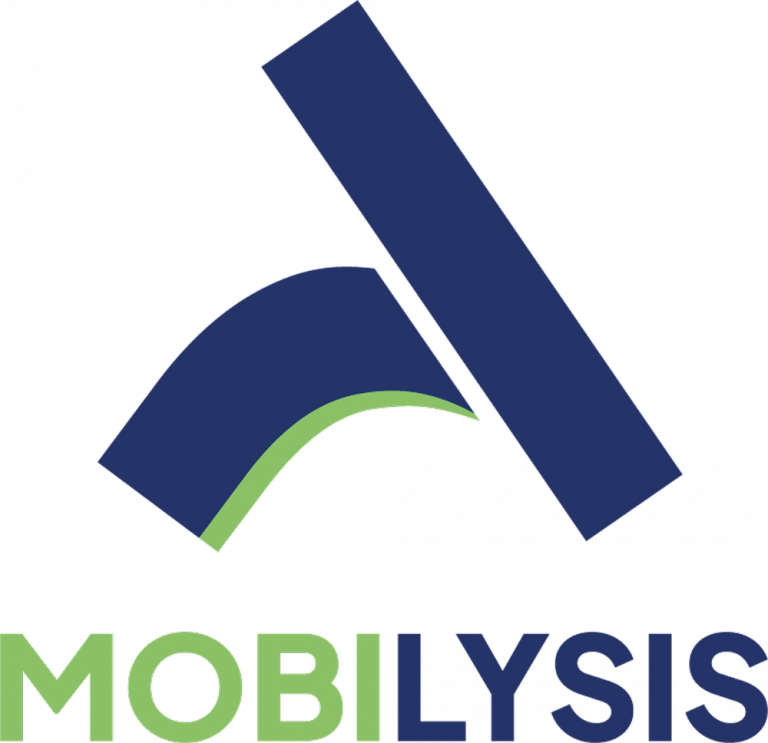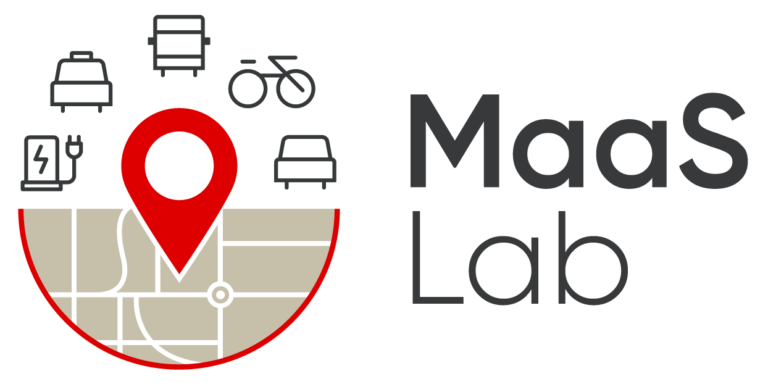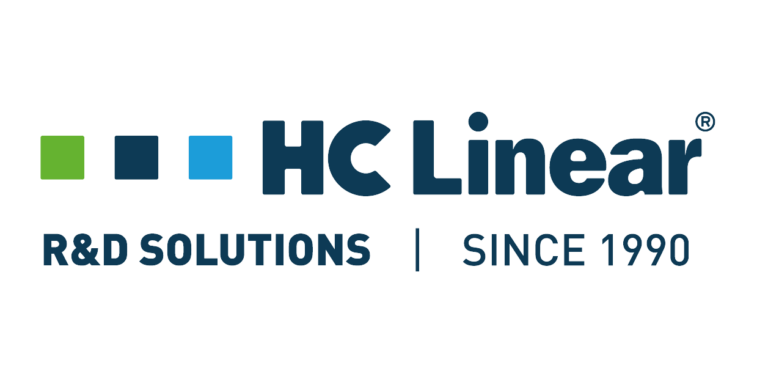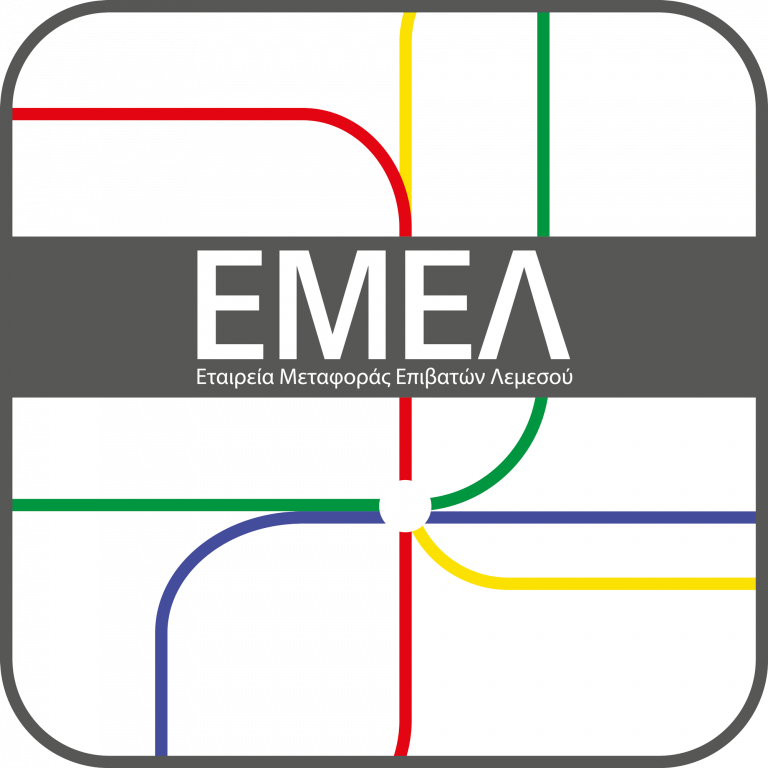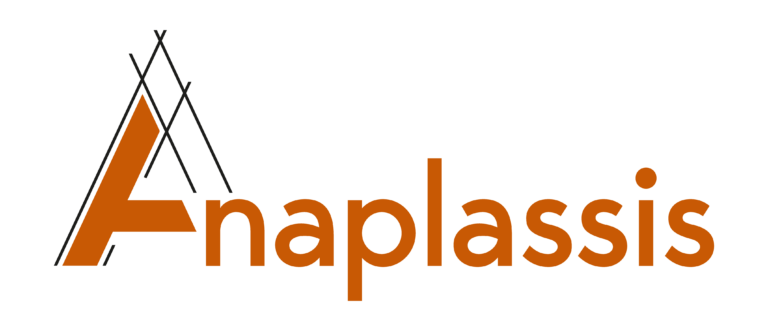We often take mobility for granted and see it as a basic right, but political choices underpin our mobility system and the technologies that go with it. And since they are political, they may not be as inclusive, transparent, legitimate or controlled as you might think – as a well-meaning technology-driven researcher.
In Amsterdam, all projects with a digital or data component undergo an “ethical reflection” by the municipality. This reflection is commonly adopted and part of the Amsterdam Digital City Agenda 2023-2026. It marks a shift from a tech-minded ‘because we can’ attitude, to a value driven approach. It looks not only at how technology can help tackle societal issues but also reflects on whether a digital/data component is even necessary or if a non-digital approach could suffice. It looks at digital inclusion, transparency, privacy and safety issues and most importantly the city’s own role in setting a good example for a responsible use of digital technologies. In metaCCAZE it was the first time I was confronted with this ethical reflection. In our living lab, we try to reduce mobility’s carbon footprint, reduce its burden on public space, and make it more efficient and safer for everyone. With novel technologies and the best intentions, we work together with well-meaning partners, many of whom do not have direct commercial gain. A ‘walk in the park,’ I thought… To my surprise, some values scored “insufficient” in a range from good to insufficient. I could easily counter several of the concerns, but after reading the assessment, I could not help but admit that some of the city’s concerns are justified. So, I decided to take a closer look at the principles that underpin this ethical check, which are written down in the TADA manifesto.
The TADA manifesto was launched in 2017 by civil society and was widely supported by citizens, knowledge institutes, politicians, businesses, and organisations from the Amsterdam region. Its aim is to create a common ground for a responsible, fair and transparent digital city. It is about creating awareness, exchanging thoughts and applying certain values when it comes to digital or data projects in the city. These values are:
- Inclusive – taking into account the differences between individuals and groups, without losing sight of equality.
- Control – data and technology must contribute to the freedom of residents. Data must serve residents to shape life according to their own insights, to collect information themselves, to develop knowledge, and to find space to organise themselves.
- Tailored to the people – data and algorithms do not have the last word. Humanity always comes first. We leave room for unpredictability. People have the right to be digitally forgotten. This way there is always room for a new, clean start.
- Legitimate and monitored – residents and users have a say in the design of their digital city. The government, social organisations and companies facilitate this. They monitor the development and the social consequences.
- Open and transparent – what data is collected? For what? And with what outcomes and results? Those involved in the project are always transparent about this.
- By everyone, for everyone – data that governments, companies and other organisations from the city generate and collect about the city are common property. Everyone can use them. Everyone can benefit from them. Those involved in the project make agreements about this together.
Whether you are working on/with metaCCAZE or following the news around metaCCAZE, you undoubtedly have some interest in smart systems, automation, connected technologies and data. So, what happens if you compare your project to the TADA values? Be honest; I think you are fooling yourself if you score ‘good’ on every value. Do you score sufficiently everywhere? If you don’t, see it as an opportunity, not a dead end.
Together with the city, we are looking at ways to make these values an integral part of the lab. After all, in metaCCAZE, we do science for real impact.
 Daniel Scheerooren is a Living Lab Coordinator/Project Manager at the AMS Institute. Within the metaCCAZE project, AMS Institute coordinates the co-creation of the Amsterdam Living Lab pilots, as well as citizen engagement activities. With a group of multi-sector stakeholders AMS Institute prepares the physical and digital ground for the demonstrations and will safely and securely implement relevant technologies developed in metaCCAZE. It will support the transfer of this knowledge by co-hosting training activities for the follower cities.
Daniel Scheerooren is a Living Lab Coordinator/Project Manager at the AMS Institute. Within the metaCCAZE project, AMS Institute coordinates the co-creation of the Amsterdam Living Lab pilots, as well as citizen engagement activities. With a group of multi-sector stakeholders AMS Institute prepares the physical and digital ground for the demonstrations and will safely and securely implement relevant technologies developed in metaCCAZE. It will support the transfer of this knowledge by co-hosting training activities for the follower cities.
Author: Daniel Scheerooren (AMS Institute)
